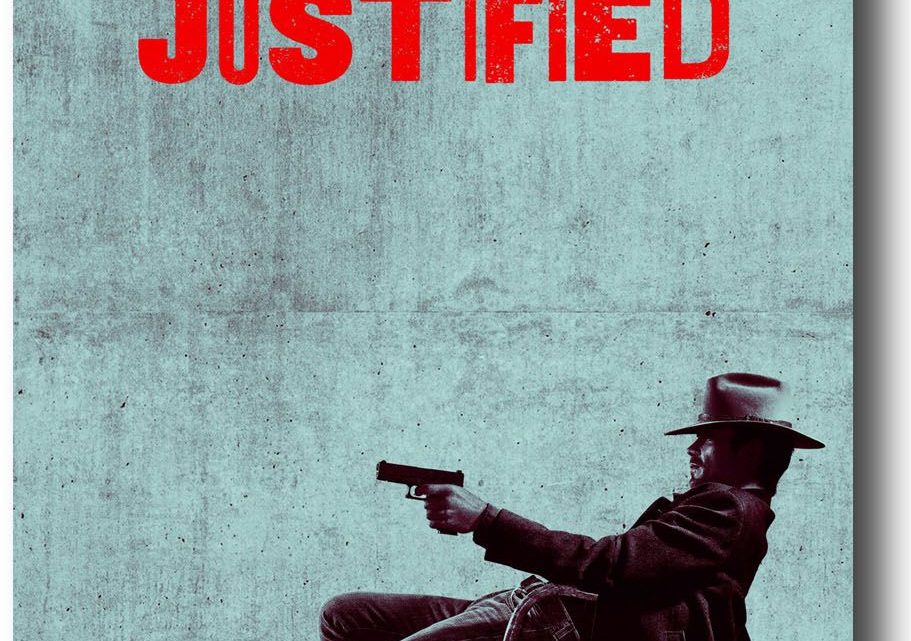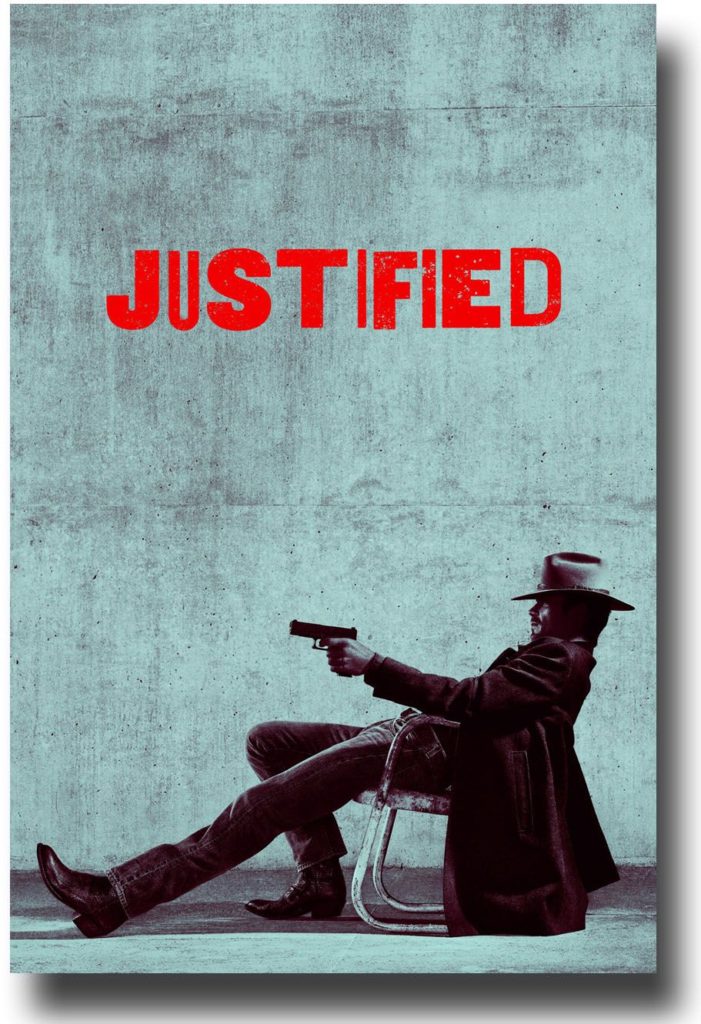
“I’m Talking Here!” How to Make Sure Your Dialogue Can Stand On Its Own
Recently, I was participating in an online discussion with my fellow editors at Angelella Editorial about dialogue. We were all musing about why some clients seem to nail dialogue and others seem to write long passages that sound robotic.

You know who never wrote robotic dialogue? Elmore Leonard. He is my personal god, and I will brook no argument. Take this example from his short story Riding the Rap, which was the inspiration for the TV show Justified (and if you haven’t watched that show, then why are we even talking?):
“The marshal taking [sic] a few moments before he said, “Last month, I went to Brunswick, Georgia, to visit my sons. One’s ten, the other’s four and a half, living up there with their mom and a real estate man she married name of Gary, has a little cookie duster mustache. Winona calls the boys punkins, always has. But this Gary calls them punks. I told him not to do it, my sons aren’t punks. He says it’s short for punkin, that’s all. I told him, ‘I don’t care for it, okay? So don’t call them that.’ If I’d known about you, then I could’ve told Gary your story and said, ‘That’s what a punk is, a person who refuses to grow up.’ ”

From this passage, we learn so much about Raylan Givens, the speaker. Before this, we knew he was a marshal transporting a criminal, Dale Crowe, Jr. We now know he was married, has two sons, and dislikes their new stepfather. Even before Raylan relays his conversation with Gary, he says Gary is a real estate man with a cookie duster mustache, clearly an insult. When Raylan mentions Gary’s nickname for the boys, we see his antipathy toward Gary. We also learn how Raylan feels about Dale. Near the end of the paragraph, we infer the disgust he feels as he tells Dale that he [Dale] is a punk. It’s such a simple statement but it says so much: a punk is someone who refuses to grow up. Dale is not worth Raylan’s anger; he’s just a low-life.
Without hearing the intonation in his voice, we sense the contempt Raylan has for these two men, but he never seems to bristle. In fact, throughout this passage, his voice never rises, turns into a growl, or forces itself through gritted teeth. At least we assume it doesn’t because Leonard never specifies Raylan’s tone. Yet Leonard infuses the dialogue with implied scorn, the kind that slips so softly from someone’s lips as if it were a compliment, but you know, of course, that you have just received a most egregious insult.
Leonard understood strong dialogue was the basis of character, story, setting, and plot. In his view, dialogue that required more than “said” as a speaker attribution or required an adverb after “said” was faulty. “If it sounds like writing,” Leonard wrote, “I rewrite it.”
In Will Grayson, Will Grayson by John Green and David Levithan, a story about two boys named Will Grayson who meet accidentally, Green writes the chapters for Will Grayson #1. Here, he’s created a bit of dialogue that almost perfectly captures teen angst, and in the process follows the “rule” about not explaining the dialogue. Will (the “I” in this passage) and Jane are talking on the phone, and things become awkward:

I have no idea what to say, so I go ahead and say the worst possible thing. “Very cute.”…In the ensuing silence, I have time to contemplate the word cute—how dismissive it is, how it’s the equivalent of calling someone little, how it makes a person into a baby, how the word is a neon sign burning through the dark reading, “Feel Bad About Yourself.”
And then finally she says, “Not my favorite adjective.”
“Sorry. I mean, it’s—”
“I know what you mean, Will,” she says. “I’m sorry. I, uh, I don’t know. I just got out of a relationship, and I think I’m like, kind of just looking to fill that hole, and you’re the most obvious candidate to fill that hole, and oh my God that sounds dirty. Oh, God. I’m just gonna hang up.”
“I’m sorry about cute. It wasn’t cute. It was—”
“Forget it. Forget the note, really. I don’t even…Just don’t worry about it, Grayson.”
Is that exactly how teenagers talk? Not necessarily. But does it work? Yes. It has a natural rhythm that volleys back and forth without giving the reader a stiff neck from following a tennis match between Serena Williams and Roger Federer.

It isn’t all dialogue, and the interruptions to it work to let us absorb the impact of what was just said. There are precisely two attributions in the passage, but we always know who is speaking. There is no explanation for how the characters are feeling, but we feel the embarrassment of the interaction just the same. We want Will to think of something to say that will make Jane feel better. We want Jane to stop digging herself deeper into a hole. We want her to stop saying hole.

Will, as the narrator, does not sum up the phone call by saying, “Wow, I really messed things up and hurt Jane’s feelings.” He gets it. We get it.
As in real life, dialogue is one of the main vehicles
through which we discover the true personality of the people in our lives. The
same must be true in writing. Because we do not have someone standing behind us
to explain our dialogue to the listener, writers must avoid taking on that role
and allow the dialogue to quite literally speak for itself.


Thanks again, Jay!
Of course, Ann!
This has spurred me into action–gotta go now and revise! Thank you, Jay.